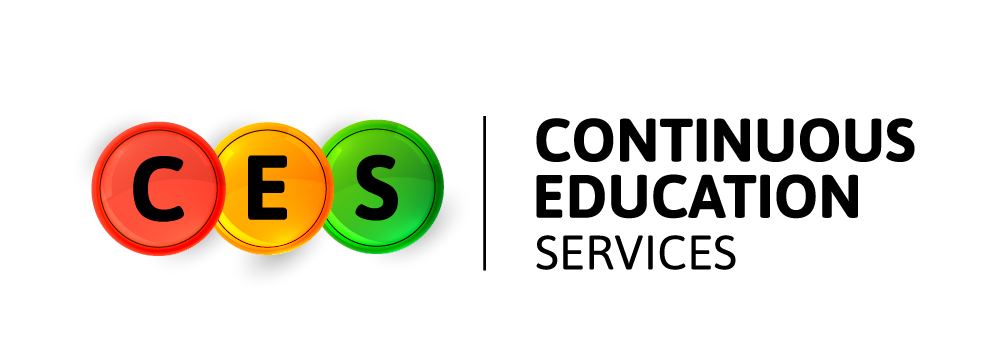
← Upcoming Courses
Competencies to be derived
Knowledge
- Describe the relation between ethical principles and RMC.
- Explain universal rights of the childbearing women.
- Explain how ethical dilemmas can result into abuse and disrespectful care
Skills
- Implement right-based approach to midwifery care.
- Identify the scope of practice for midwives
- Obtain and apply informed and voluntary decision-making.
Attitude
- Improve health-related behaviour toward respectful maternity care.
Course Content
- Background information on maternal and newborn mortality and morbidity at national, regional and global levels.
- Definition of RMC and ethics
- Overview of ethical principles and its relationship with RMC.
- Exploration of the interconnectivity between ethical principles, national and international Code of Ethics for Midwives and RMC
- Explanation of the Human rights framework for midwifery care and rights-based approach to midwifery care.
- Moving from ethical principles to practice – and dilemmas faced by midwives.
- Relevant context-specific ethics and culture in relation to maternity care.
Instructional Strategies / Teaching-Learning Approaches:
- Interactive presentation/lecture
- Forum discussion on ethical dilemmas
- Hypothetical case studies
Assessment Strategies
- Pretest – 5 questions
- Post-test -10 questions (80% to pass mark)
Certification for completion – YES
Overview
Course Description
It is estimated that 810 women die every day due to complications from childbirth. About two-thirds of these death occur in lower-and middle-income countries. More than half of these deaths occur in sub-Saharan Africa (SSA). Majority of these deaths are avoidable with low cost interventions and skilled birth attendance.
However, childbearing women do not take the option of facility birth due to many reasons including ignorance, fear of disrespect and abuse by health providers, lack of transportation and financial constraints. Evidence suggest that, abusive and disrespectful behaviour by care givers may influence the decision not to seek skilled birth attendance by some mothers.
Ethics involve a systematic examination of moral life and seek to provide sound justification for the moral decisions and actions of people. The purpose of this course is to reinforce and develop knowledge, skills and attitudes about ethical principles underpinning comprehensive midwifery care and examine the concept of respectful maternity care and what constitute abuse and disrespect
What you will learn
By the end of the course, participants will be able to:
a. Articulate their expectations and hopes about the session
b. Explain ethical principles that promote RMC
c. Discuss a human right–based approach to reproductive health
d. Discuss the universal rights of childbearing women
e. Discuss human rights framework for midwifery care
f. Develop proposals for a change project on how ethical principle of autonomy can be applied to the continuum of midwifery care
g. Discuss ethical dilemmas that may arise in professional work
h. Explain how ethical dilemmas may result into disrespect & abuse
Course Content
Lecture Sessions
- Session 1
- Session 2
- Session 3
Downloadables
About Facilitator
- 1 Course on CES
Dr Emma Kwegyir-Afful
PhD, MSc, PgCert, RM, RN (FGNM)
Lecturer in Adult Nursing, Undergraduate & Postgraduate Levels and Ph.D. Supervisor, University of Salford, Manchester - United Kingdom.
University of Salford, Manchester – UK
Dr Kwegyir-Afful (nee Ntiri) joined the University of Salford, Manchester in 2019 as a Lecturer in Adult Nursing. Her current role includes leading Research Methods Module at Master’s Level and teaching Nursing in Global Health Context, Evidence-Based Nursing Practice, Research Methods across BSc and MSc Nursing degree programs.
View full profile / courses






